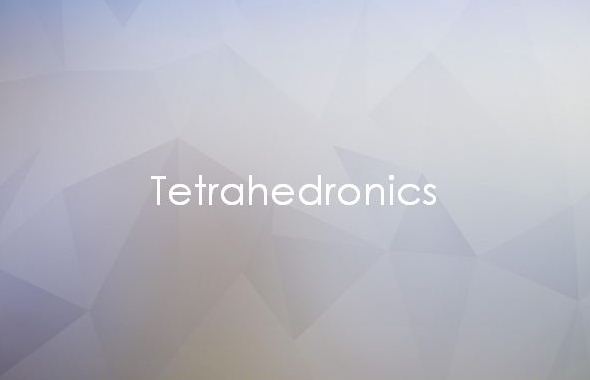Last week’s Tetrahedronics article detailed the 5 things one needs to succeed – a mentor, students, supporters, passion and dedicated commitment.
I received some comments about other things that are also necessary, since several readers thought the list was incomplete without them. Analyzing the suggestions brought the number down to three additional traits – a compelling vision, skills and talent. This would increase number of things one needs to 8.
But let’s go back to the title of the book I made reference to in the article, “Talent is Overrated: What Really Separates World-Class Performers From Everyone Else” by Geoff Colvin. The additional 3 items mentioned above are not “needs;” rather, may I be so bold as to refer to them as “expectations.”
Think of it this way – if you do not have a vision for where you’d like your efforts to lead, skills that can be utilized, and some type of talent (read, “gift”) that you can hone to benefit others and yourself, then the five “needs” really don’t come into play at all.
Let’s take the example of a musician. If a student really can’t see themselves playing in a band, a group, or by themselves on a stage, can’t coordinate their fingers quickly enough to produce the notes written on a piece of music after they recognize what that note is, and can’t differentiate between pitches, then chances are they’re not going to need a mentor, students, supporters, an internal passion and dedicated commitment to hone and perfect their craft.
If the basic skills, some modicum of talent, and ability to craft a vision are not present in an individual, then they’re not going to need the five things mentioned in the previous article to improve upon them. The same goes for woodworkers, basketball players, research scientists or accountants.
Skills, talent and vision all create a system of expectation we can call “ability.” Some would say that skills, talent and ability should be grouped together to create a system, but skills, talent and vision all play a part in determining if one is “able” to do something.
Skills can be honed; talents can be developed, and vision can become clearer.
All work together so that one is “better able” to do something.
Abilities are like feelings. They just “are.” In and of themselves, feelings are not right and they are not wrong. It’s what we do with those feelings (or how we act upon those feelings) which creates positive or negative impacts on individuals and the communities to which we belong.
The same can be said for abilities. Just because I “can” do something doesn’t mean I should; and because something should be done, and I can do something, the decision then moves to the action stage.
If one has an ability, it is shown when an affirmative answer is received when asked the question, “Can.”
“Can” a 14-year old take out the trash? Yes – as long as they have the necessary skills, talent, and vision to visit each room of the house and collect the trash from each trash can before taking it to the curb. They can walk up and down the stairs and hallways of the home to visit the rooms, and can figure out how to stuff the resultant 4 large bags of trash into a container that can hold only 3.
There’s a saying that goes, “Success comes in cans; not can’ts.” Once we say, “Yes, we can,” then that’s just the first step to success. The system consisting of a mentor, students, supporters, passion and dedicated commitment continues to sharpen the ability system created by skills, talent and vision elements.
© Michael V. Ziemski, SchoolAdvancement, 2012-2023

